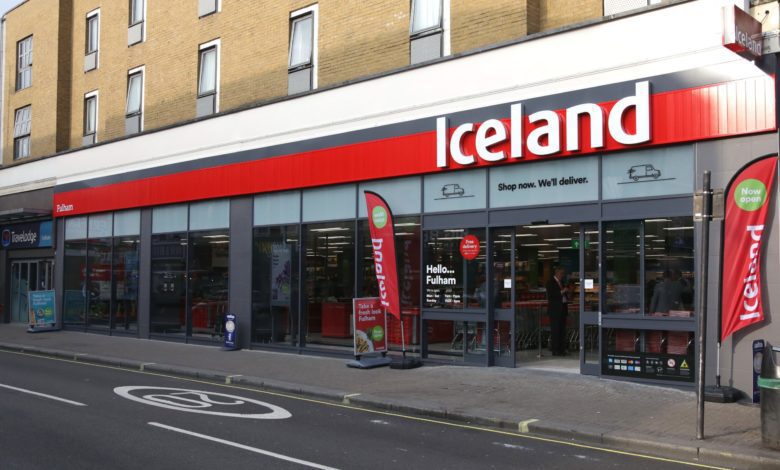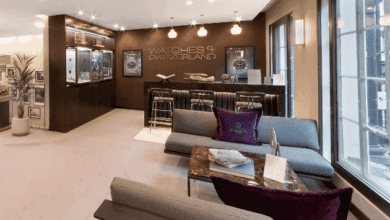Shoplifting surge a ‘low-level war’ on high streets, warns Iceland chair
Speaking at the Financial Times’ Future of Retail conference, Walker said that thefts were costing the frozen food chain about £20m a year

Register to get 1 free article
Reveal the article below by registering for our email newsletter.
Want unlimited access? View Plans
Already have an account? Sign in
Britain’s rise in shoplifting has become a “low-level war going on every day”, Iceland chair Richard Walker has said, urging retailers and the government to treat the problem as a serious threat to the high street.
Speaking at the Financial Times’ Future of Retail conference, Walker said that thefts were costing the frozen food chain about £20m a year, funds which could otherwise be invested in stores.
He said: “Shoplifting sounds like cheeky pilfering, but actually it should be called violent crime because we’re talking about thieves using knives, needles and hammers in threats to our staff.”
It comes as Iceland is trialling facial recognition technology designed to identify shoplifters and link their profiles to police databases in an attempt to prevent attacks on staff. The move follows growing concern among retailers about rising violence and losses from theft.
Walker welcomed new legislation to strengthen laws against shoplifters, including the removal of a £200 threshold that previously allowed offenders who stole goods below that value to avoid prison. He said the earlier system had “given carte blanche to shoplifters” and had little meaning for value-focused retailers.
He also criticised advice from the Information Commissioner’s Office (ICO) that Iceland should not display images of repeat offenders because of potential human rights implications.
He said: “I’ve advised shop managers to do it because this is a low-level war going on every day across our high streets and we need to take it very seriously.”
Speaking at the conference, Walker also renewed calls for reform of business rates, describing the current system as “Victorian” and “outdated”, and “the primary reason” why high streets are “dying”.
He said: “I don’t even want to pay less tax, I just want online retailers to be on a level playing field.”
He added that the government’s latest budget, which raised about £25bn through increased business taxes including employer national insurance contributions, had been “a tough pill to swallow”.
Walker also noted the increase in employment costs has coincided with a cooling in the job market, noting that Iceland was now receiving around 50 applications for every vacancy, the highest level the company has seen.
Walker, who defected from the Conservatives to Labour ahead of the last general election, said his ambitions to enter politics were now in “long-term hibernation”. He also called on Labour to deliver on its promises to simplify planning rules, pointing to delays of up to 12 weeks for approval to change a shop sign.
Iceland, which operates more than 900 stores in the UK and around 30 in Europe, reported revenues of £4.1bn in the year to March and now plans to open 30 outlets this year. It has set a long-term target to reach £5bn in annual sales.







